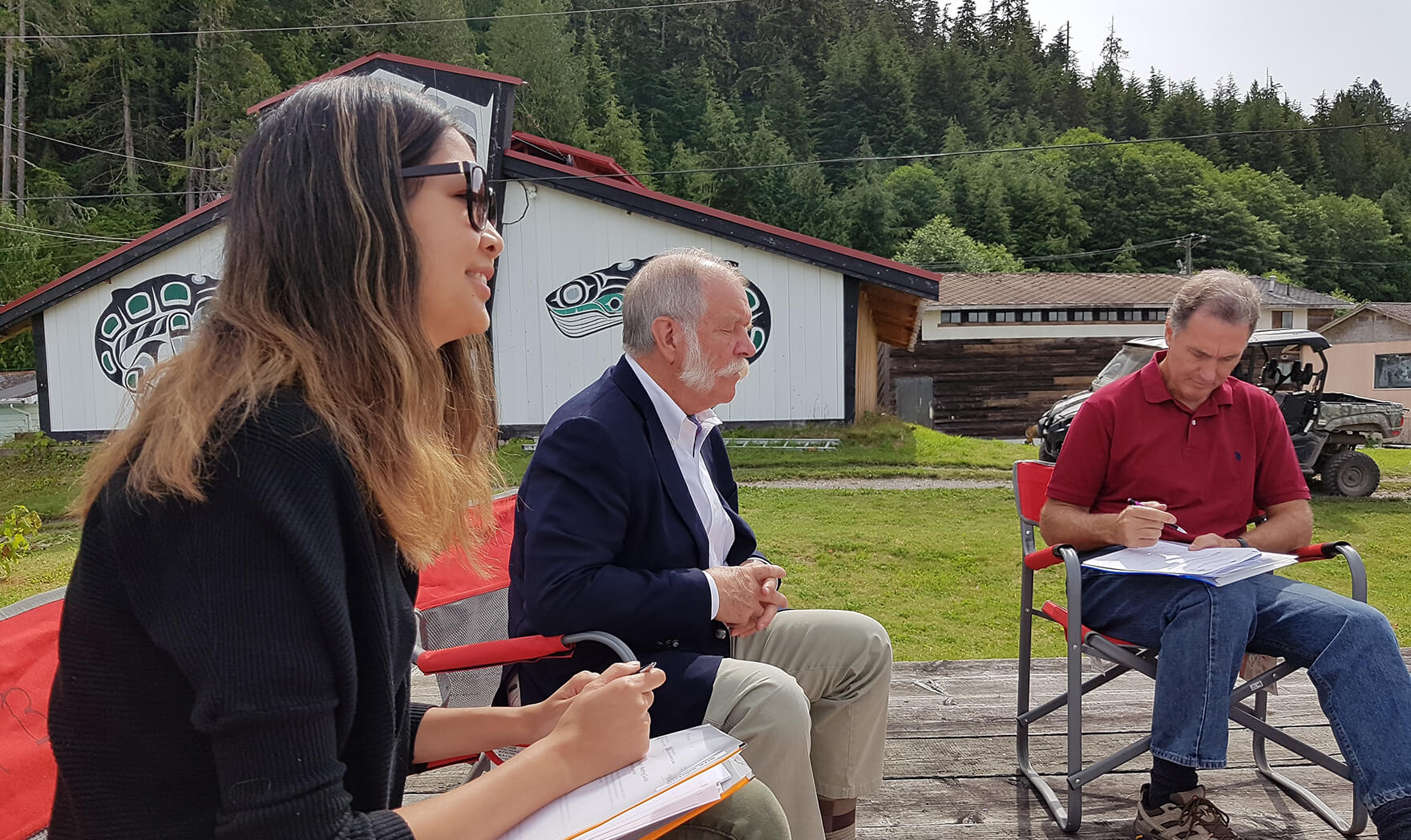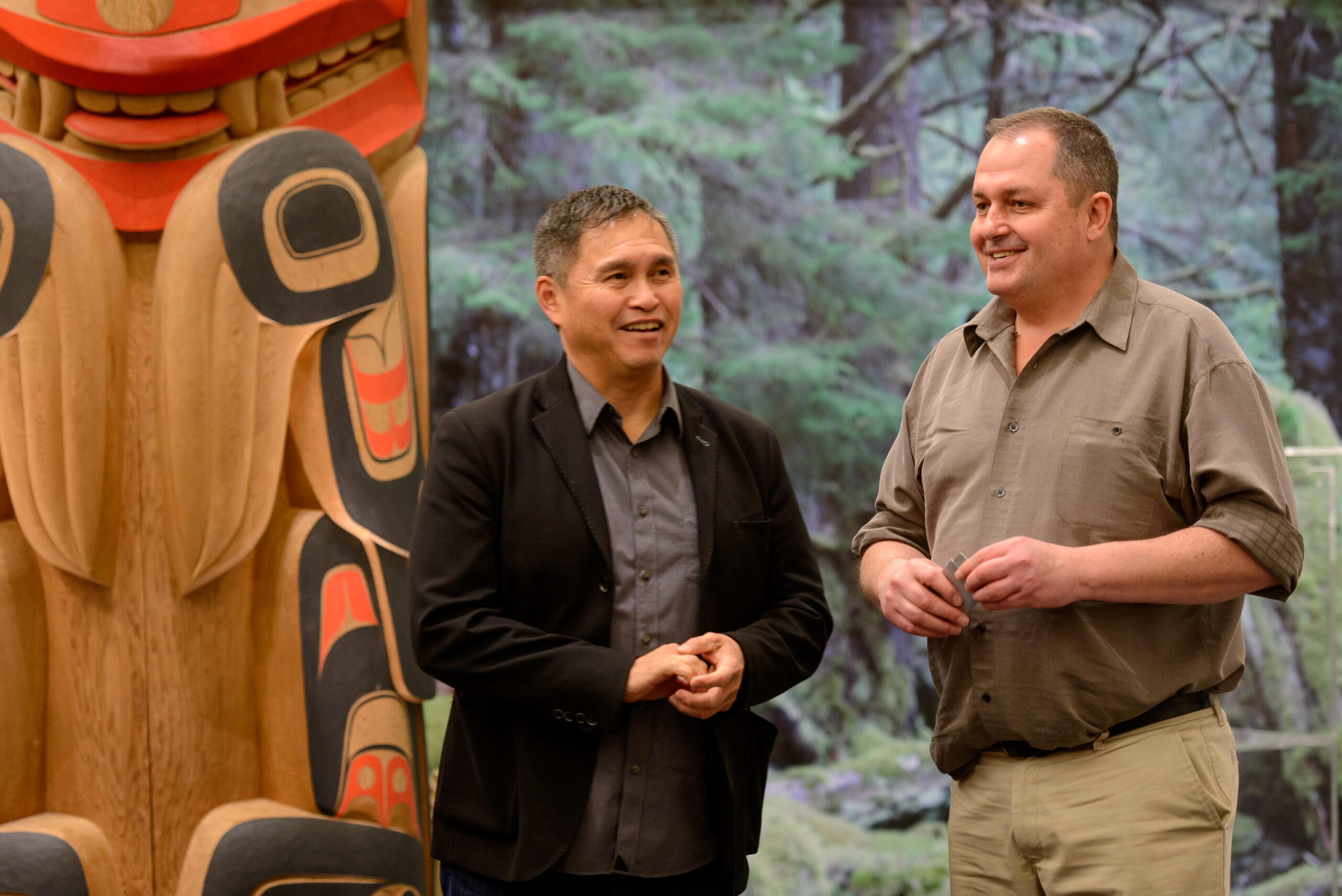Indigenous peoples have lived on the lands now known as British Columbia since time immemorial. They have much to teach non-Indigenous people about health, healthcare and health research. Their distinct world views, histories, cultural practices, spiritual beliefs and languages make our province a richer, more diverse place. Despite some advances in Indigenous health, gaps persist and are widening.
Indigenous population in British Columbia
There is a critical need for robust Indigenous data that is produced and managed by, or in partnership with, Indigenous peoples and communities. The Government of Canada’s Population Census and Survey on Indigenous Peoples are the main information sources about Indigenous peoples in Canada. Limitations with these data sources result in the need for Indigenous data, including demographic and health data, to be interpreted with caution.
According to the 2016 Census, more than 270,500 Indigenous peoples live in British Columbia—and about half live in rural or small communities. Almost 64 percent of Indigenous people are First Nation from more than 200 distinct Nations, while 33.0 percent (89,405) are Métis, and 0.6 percent (1,615) are Inuit.





